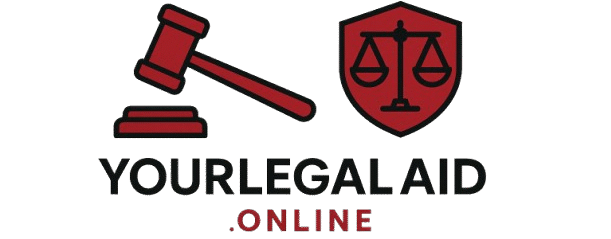Certainly! Here’s a clear and informative 600-word article on “Will and Testament Basics. Basics
A Will or Last Will and Testament is one of the most important legal documents a person can create in their lifetime. It ensures that after death, your assets are distributed according to your wishes and not left to uncertainty or lengthy legal battles. Unfortunately, many people either postpone writing a will or do not understand its importance until it’s too late. Let’s break down the basics of a will and testament in simple, easy-to-understand terms.
What Is a Will?
A will is a legal document that outlines how a person’s assets, property, and belongings should be distributed after their death. The person who creates the will is called the testator. The individuals or organizations who receive the assets are called beneficiaries.
A will can also include other important instructions, such as:
- Naming a guardian for minor children
- Appointing an executor to manage and distribute the estate
- Making donations to charities
- Providing for pets
Why Is a Will Important?
Having a valid will offers several key benefits:
- Legal Clarity: It removes doubt about your intentions.
- Avoids Disputes: Prevents conflicts among family members.
- Faster Distribution: Helps avoid delays in inheritance.
- Protects Minor Children: Allows you to name guardians.
- Gives You Control: You decide who receives what—not the government.
Without a will, your assets are divided according to laws of intestate succession, which may not reflect your actual wishes.
Key Elements of a Will
Every will should include the following elements:
1. Declaration
A clear statement that this is your final will and testament, revoking all previous wills (if any).
2. Details of the Testator
Full name, age, address, and sound mental health declaration.
3. Appointment of Executor
The executor is responsible for carrying out the terms of the will, managing the estate, paying debts, and distributing assets.
4. Beneficiaries
Names of individuals, relatives, or institutions who will inherit your assets.
5. Asset Distribution
Specific instructions on how assets such as property, bank accounts, jewelry, or investments should be divided.
6. Guardianship
If you have minor children, you can name a guardian who will take care of them.
7. Signature and Witnesses
The will must be signed by the testator in the presence of at least two witnesses who are not beneficiaries.
Types of Wills
There are several kinds of wills:
- Simple Will: Basic will that covers asset distribution and guardianship.
- Joint Will: Created by two people (usually spouses), but becomes binding after the death of one.
- Holographic Will: Handwritten and signed by the testator (not valid in all jurisdictions).
- Living Will: Specifies your medical wishes in case of terminal illness (different from a testamentary will).
Legal Requirements
For a will to be legally valid:
- The testator must be of sound mind and at least 18 years old
- The will must be in writing (typed or handwritten)
- It must be signed by the testator
- It must be witnessed by two adults who are not beneficiaries
In some countries, registration of the will (though not mandatory) provides extra legal protection.
Can a Will Be Changed?
Yes. A will can be changed or updated anytime before the testator’s death. This is usually done by:
- Writing a new will, which automatically cancels the previous one
- Adding a codicil, which is a legal amendment to the original will
Conclusion
Writing a will may not be pleasant to think about, but it’s one of the most responsible steps you can take for your family’s future. It ensures your wishes are respected and loved ones are taken care of without legal confusion or conflict. Consulting a lawyer or legal expert while drafting your will is always a smart move to ensure it’s valid, clear, and complete.
Let me know if you’d like a sample will format or a version specific to Indian, US, or UK law!
